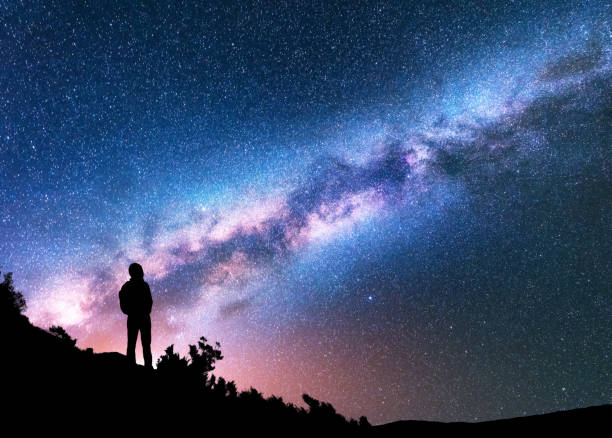Dawn of the Astro-Tourism Era: Stargazing in Remote Destinations
Astro-tourism is not just a burgeoning trend in the travel industry—it's a revolution. The desire to escape the city's light pollution and experience the night sky in all its glory is driving travelers to remote, off-the-beaten-path destinations. From ancient civilizations who studied the cosmos to navigate and understand the world, to today's city dwellers yearning for a glimpse of the Milky Way, our fascination with the universe is as old as time itself. This article delves into the rise of astro-tourism, uncovering what it is, why it's gaining popularity, and how it's changing the way we travel.

Astro-tourism, a term coined to describe travel dedicated primarily to stargazing and other astronomical activities, has been steadily gaining traction. As more and more people live in urbanized areas where light pollution obscures the night sky, the appeal of astro-tourism has skyrocketed.
The Allure of Astro-Tourism
Astro-tourism is more than just stargazing. It’s about reconnecting with nature, understanding our place in the universe, and appreciating the beauty and mystery of the cosmos. It’s an opportunity to unplug from the digital world and experience the awe-inspiring spectacle of a star-studded sky.
The Impact of Astro-Tourism
Astro-tourism has a significant impact on local communities, especially those in remote areas. It brings economic benefits, creates jobs, and helps preserve the night sky for future generations. However, it also poses challenges such as managing visitor impact on sensitive environments.
The Role of Technology in Astro-Tourism
While technology is partly responsible for the rise in light pollution, it also plays a vital role in enhancing the astro-tourism experience. From sophisticated telescopes to astronomy apps, technology has made stargazing more accessible and interactive than ever before.
Destinations for Astro-Tourism
From the Atacama Desert in Chile to the Isle of Sark in the Channel Islands, there are numerous places around the world renowned for their dark skies and stellar stargazing opportunities. Each location offers a unique, immersive experience for astro-tourists.
Stargazing Essentials
- A star map or astronomy app to help identify constellations and celestial bodies.
- A red flashlight to preserve your night vision while navigating in the dark.
- A telescope or binoculars for a close-up view of the stars.
- Warm clothing and a comfortable chair or blanket for stargazing in comfort.
- A thermos with a hot drink to keep you warm on chilly nights.
As astro-tourism continues to rise, it offers travelers a new way to connect with the world—and the universe—around them. Whether you’re an astronomy enthusiast or simply looking for a unique travel experience, stargazing in remote destinations promises a journey that’s out of this world. So, look up and let the stars guide your next adventure.






